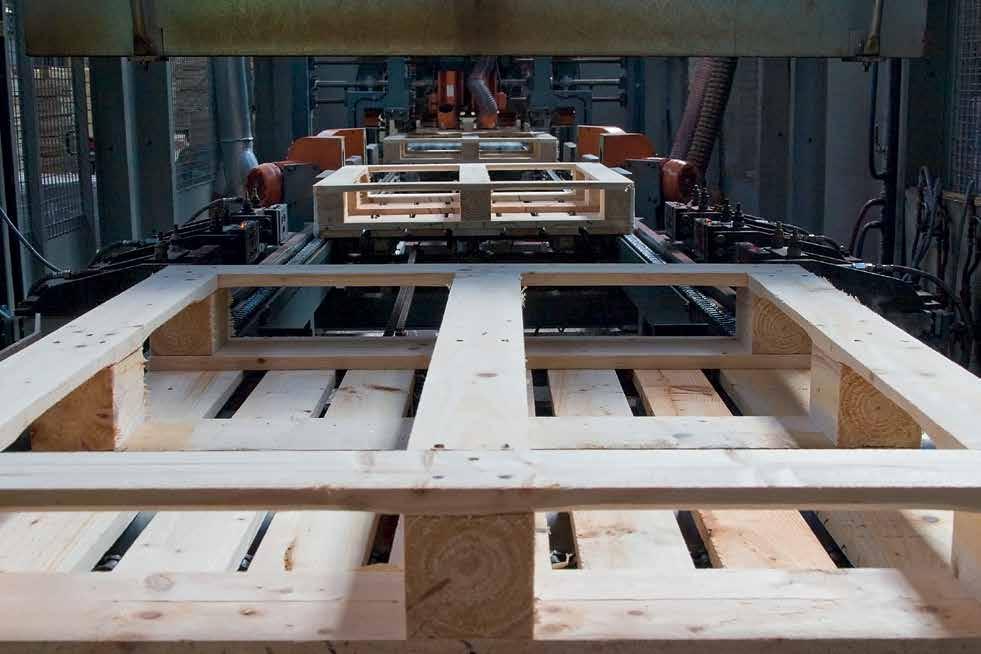BREXIT
PAUL NEMETH
QA &
with John Dye, President of the Timber Packaging & Pallet Confederation (TIMCON)
CONFOR.ORG.UK
What key changes do you anticipate will Brexit bring for businesses in the British packaging and palleting sector? The biggest possible change for the industry and wooden packaging materials (WPM) users would be the fact that the UK will no longer be part of the current EU Plant Health Standard ISPM 15 exemption. This means any WPM being used to export goods/products to an EU country would have to be ISPM 15-compliant (heat treated) and this would also be the same for EU goods coming into the UK. As in many other businesses, the lack of clear guidelines is causing much frustration. To prepare for a scenario where heat-treatment facilities were needed immediately following Brexit, for example, we would require significant capital investment. As TIMCON has previously reported, the risk to trees and forests from the flow of WPM within the EU is extremely low –
“
and there is no reason why this will change overnight on the day Brexit happens. Therefore, plant health inspection agencies in the UK (the Forestry Commission) and many EU countries have advised that they will continue to consider the risks as they do now – as ‘low’ – and will not divert resources away from inspecting higher-risk goods in order to check WPM. Frustratingly, WPM manufacturers cannot advise users that it will “probably be OK” to continue to ship products to and from the EU on non-compliant WPM – because after Brexit the rules will by default be that they must be compliant. This is by far the major change. How are companies in the sector futureproofing their business? The former Secretary of State for Environment, Food and Rural Affairs and now Chancellor of the Duchy of Lancaster, the Rt Hon Michael Gove, recently hailed >>
As in many other businesses, the lack of clear guidelines is causing much frustration FORESTRY & TIMBER NEWS • December 2019 25























